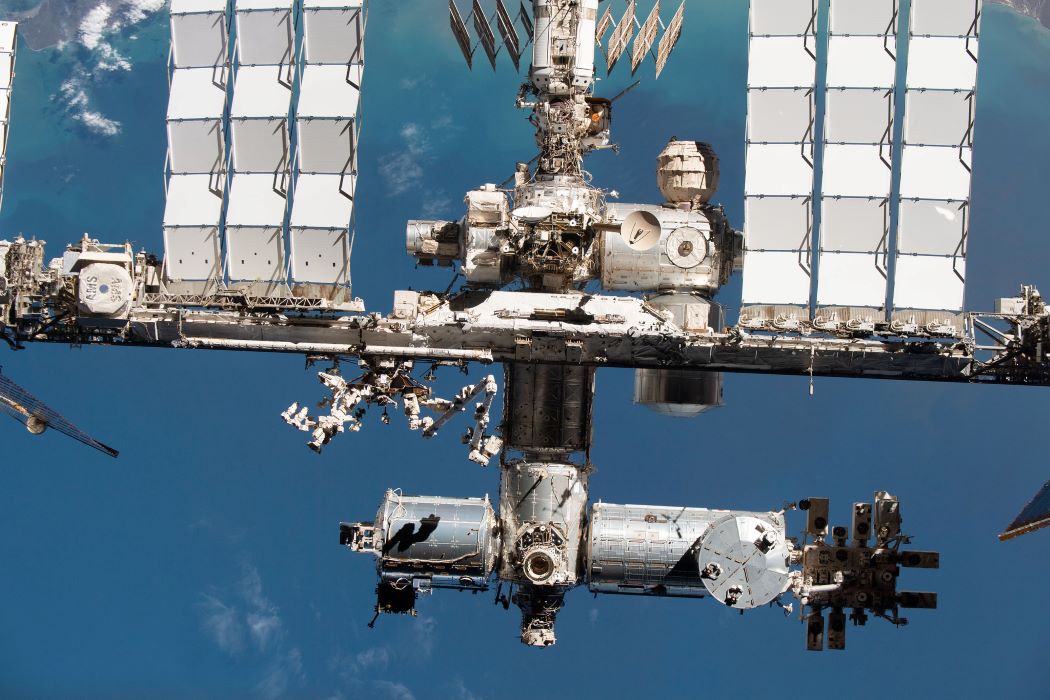SpaceX launches UF/IFAS microbiology experiment to ISS

The experiment will study dangerous infectious microbes in microgravity (NASA)
Beating staph infections can be tricky in the best of times. But what happens if you get infected while in space?
That’s the scenario Kelly Rice, associate professor at the University of Florida Institute of Food and Agricultural Sciences, hopes to help understand. Rice’s experiment will be launched today, Jan. 30, to the International Space Station on a SpaceX rocket.
Staph, or Staphylococcus aureus, is a type of bacteria found in the nose or on the skin of up to 30% of humans, but under certain conditions, it can thwart a human body’s physical and immune defenses and cause severe infection. Staph infections can be particularly troublesome for people in close quarters, such as astronauts.
A previous study done by Rice and her colleagues found that the bacteria had the potential to be more dangerous to astronauts while in microgravity.
The current experiment will include growing the bacteria in enclosed canisters to better understand how microgravity affects expression of disease-spreading properties, how the bacteria grows and other factors.
“We are grateful to NASA for the opportunity to study this bacteria, and the information gained may apply to other bacteria as well,” Rice said. “We hope that these results will help guide strategies to maintain astronaut health during long-term space flight missions.”
This study was funded by a grant from the NASA Biological Sciences Division’s Space Biology Program.
